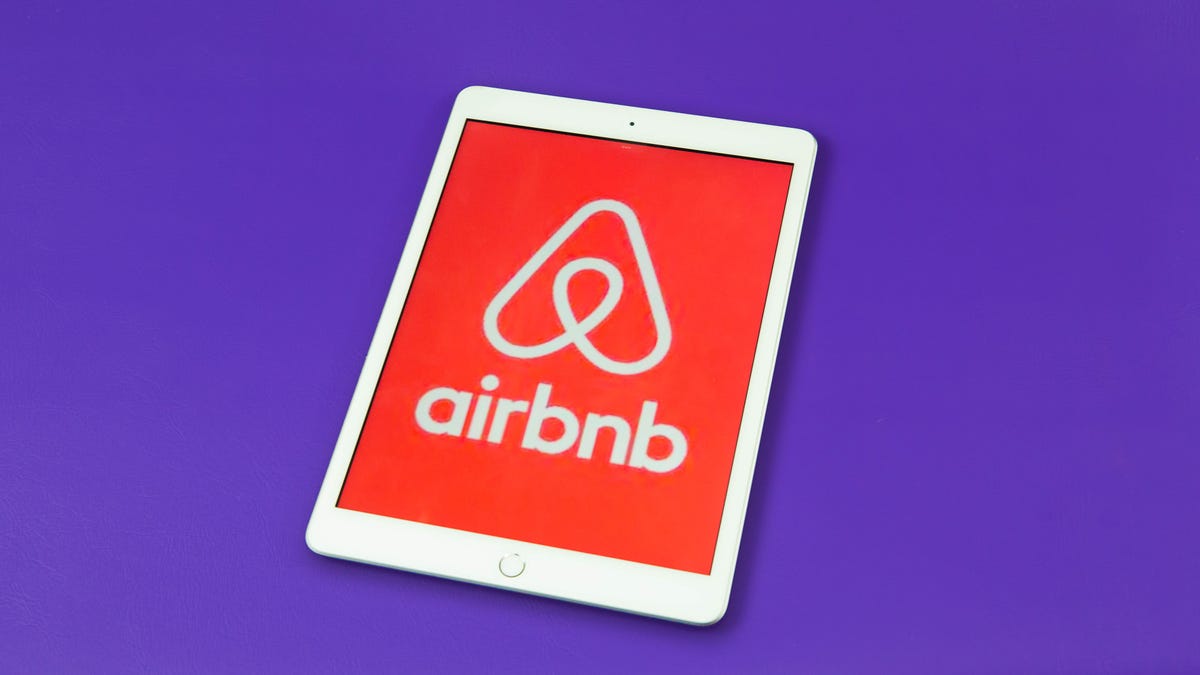Airbnb Bans the Use of Indoor Security Cameras in Rentals
If you're still concerned about your privacy, there are some things you can do to detect cameras.

Airbnb is banning the use of indoor security cameras at its rentals worldwide as of April 30, the company said this week, citing the privacy of its guests.
Under its old policy, Airbnb hosts could place cameras "in common areas of listings, such as hallways and living rooms, as long as they were disclosed on the listing page before booking, clearly visible and were not located in spaces like sleeping areas and bathrooms," the company said in a Monday blog post announcing the change.
Airbnb says it made the decision to change its camera policy based on conversations with users as well as privacy experts and advocacy groups.
It added that most Airbnb locations don't have indoor security cameras according to their listings, so the company expects only a small number of properties to be affected. Listed hotels are still permitted to have cameras that monitor indoor common spaces, like lobbies, hallways and restaurants. Though Airbnb is better known for home and apartment rentals, the service also includes boutique hotels.
As has been reported previously, there have been cases of Airbnb renters finding undisclosed cameras while staying at properties -- even, in one Toronto case, a video camera hidden in a clock pointed at the bed.
The company was also in the news a month ago over a lawsuit involving an Airbnb host who allegedly took a security photo of a married guest and sent it to the guest's wife. In 2019, another episode involved a New Zealand family discovering hidden cameras in their Irish rental after performing a Wi-Fi network scan.
Renters have a few ways to detect surveillance cameras in Airbnbs, apart from simply asking the owner if they have any cameras. CNET suggests using the camera on your phone to try to find hidden cameras -- it can pick up infrared light that some surveillance cameras use for night vision. And if you're particularly worried, you may want to invest in a radio frequency detector, which can scan the room to find any devices transmitting radio signals. It'll light up or beep if it detects one.
Airbnb is revising its policy on outdoor cameras, too. Hosts will have to disclose outdoor cameras, doorbell cameras and noise-decibel monitor listings, and those will be restricted. No outdoor cameras, for instance, will be allowed around outdoor showers or saunas.
Last year, Airbnb made a policy change unrelated to surveillance cameras. The company began restricting or banning accounts of some users who were "likely to travel" with people who'd already been banned from the platform for "safety reasons."
Competitor Vrbo took a moment on Monday to issue a statement to outlets including The Washington Post noting that it's had a ban on indoor cameras since 2022.